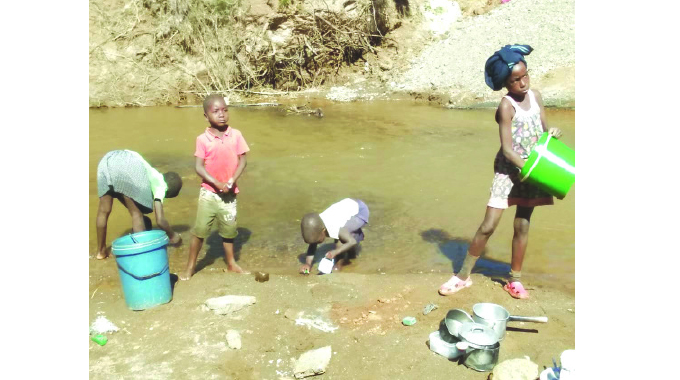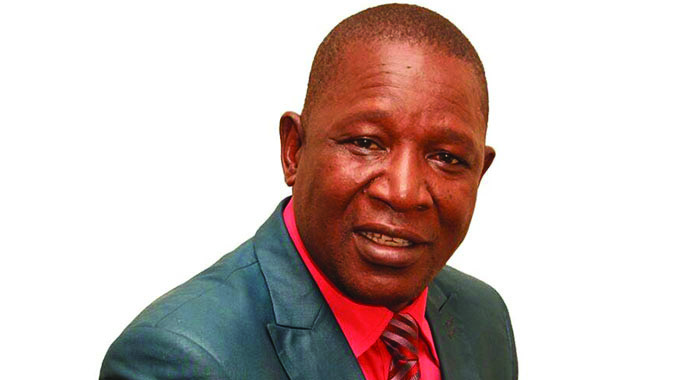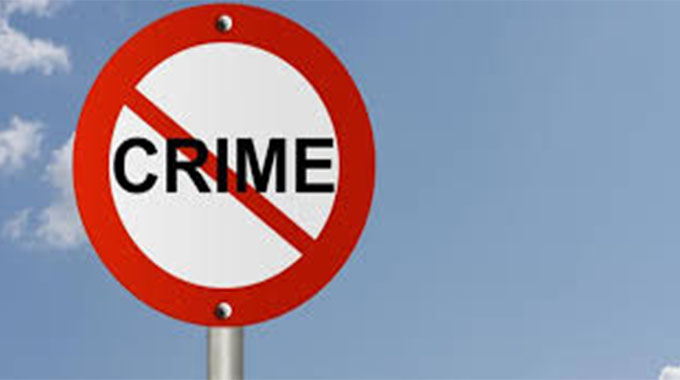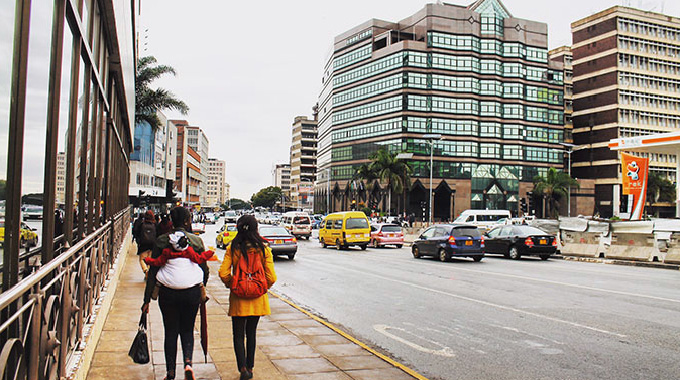Children, communities victims of illegal mining activities

Patrick Chitumba, Midlands Bureau Chief
MERCY, Simba, Ngoni and Tanaka are not at Mutevekwi River to pan for gold — they are here to wash their plates and pots before collecting water for household chores.
But they are not aware of the substantial risks they face from mercury emissions from artisanal and alluvial gold mining which can result in both physical and mental disabilities and compromise physical development.
Mutevekwi River in Shurugwi has over the years been talk of the district because of siltation caused by mining activities that are taking place in and outside the river.
It is a Monday afternoon and this reporter — while witnessing the environmental degradation that is allegedly being caused by Masasa Mining Syndicate which has been forced to stop mining and fined a level 14 ticket of $80 000 by the Environmental Management Agency (Ema) — is drawn to these four children who are standing on the river bank washing plates and pots.
Mutevekwi River used to be a lifeline for villagers and animals but after years of uncontrolled mining, it has been affected by siltation.
The miner needs food produced by the farmer and the farmer benefits from foreign currency which the country earns from mining, be it gold, diamond or chrome.
Shurugwi lies in a mineral rich belt commonly known as the Great Dyke. This makes it one of the most mineral-rich towns in the country. Chromite, Gold and Nickel are all mined in the area.
While mining and farming activities have been hailed for creating employment and bringing development to Zimbabwe, development is still being hampered by lack of access to clean and affordable water, a situation resulting in conflict in some communities like Shurugwi.
Notwithstanding economic empowerment efforts through land redistribution and the promotion of small-scale mining, communities in mining and farming areas are facing serious challenges, risks and conflict emanating from water shortages.
Pollution is also affecting underground water sources, worsening the problem of water scarcity for both the farmers and the miners in this community and other surrounding areas.
Unfortunately for Mercy, Simba, Ngoni and Tanaka, while some people, companies, syndicates make money from gold — they are just but the grass which suffers when elephants fight.
Artisanal or alluvial mining poses immediate risks and long-term health problems especially for children.
“Makadini (how are you?)” Kneels Mercy showing respect as I approached them.
Her other pals follow suit and when asked why they were in the river, they all say they are there to wash plates, pots and fetch water for household chores.
Definitely being children who are all less than 10, they have just been sent by their parents and the river is their only source of water.
Ema spokesperson for Midlands Province Mr Osward Ndlovu said it was unfortunate that children and other members of the community were victims of illegal mining.
He said the Masasa Mining syndicate had been ordered to stop operating, adding that the authority was on a campaign to stop illegal artisanal and alluvial mining activities in Midlands Province.
“We have ordered this mining activity to stop. We have even gone as far as fining this company $80 000 which is the highest level ticket for illegal mining. They are mining less than 30 metres from Mutevekwi River and have set up mining operations within the 30 metres from the river which is illegal. Any legal mining should be done after 200 metres from the river or water source,” said Mr Ndlovu.
He said the syndicate — operating without a valid environmental impact assessment and mining license — had destroyed seven hectares of land in just 31 days.
“Look, they have earth moving equipment which they have been using to conduct alluvial gold mining. In less than a month they have cleared 7ha of land. That’s why the police are here, we have to stop them before they destroy more of the environment and pollute the river,” said Mr Ndlovu.
Mr Timothy Sibanda, a villager, said the river no longer has safe water to drink.
“Upstream, they are panning for gold in the river, they have machinery in the river and they use mercury for example which pollutes this water downstream but we have no choice. We hear of long-term illnesses but what can we do?” he asked.
Mercury-dependent artisanal and small-scale gold mining (ASGM) is the largest source of mercury pollution on Earth.
In this practice, elemental mercury is used to extract gold from ore as an amalgam. The amalgam is typically isolated by hand and then heated-often with a torch or over a stove, to distil the mercury and isolate the gold.
Mercury release from tailings and vaporised mercury exceed 1 000 tonnes each year from ASGM. The health effects on the miners are dire, with inhaled mercury leading to neurological damage and other health issues.
Thousands of artisanal miners and ASGM are operating in or near Mutevekwi River affecting communities due to mercury contamination of water and soil and subsequent accumulation in food staples, such as fish — a major source of dietary protein in the area.
Shurugwi South MP and chairman of the Portfolio Committee on Mines and Mining Development Cde Edmond Mkaratigwa said small-scale, artisanal and some large-scale are causing havoc around the natural environment,
He said they are also pushing for the finalisation of the Mines and Minerals Amendment Bill.
“We are now awaiting the final draft Bill from the Ministry of Mines and Mining Development in conjunction with the Attorney-General.
This Bill if put into law is set to address the farmer/ miner conflicts and also control ASGM operations,” he said.
However, a health hazard is looming in the Shurugwi District where both humans and livestock are under threat as a result of illegal disposal of cyanide and mercury used by artisanal miners.
The artisanal miners leave behind big yawning craters filled with stagnant mercury polluted waters, mounds of sand and fallen trees. The district is now synonymous with dust-coated shrubs, residual mining pits, defaced roads and silted rivers and dams.
Communities and livestock are exposed to contaminated drinking water and the mining activities are also affecting pastures and irrigation schemes. Various rudimentary methods of mining used by artisanal miners have led to deforestation and the siltation of rivers such as Mutevekwi.










Comments